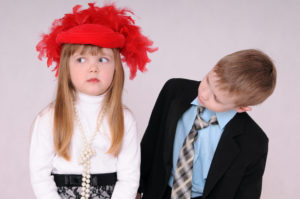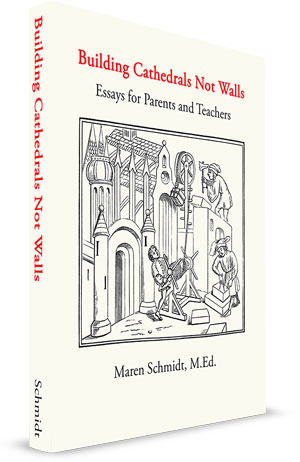
“Forgive and forget” is a phrase that is given as advice. As a child, I remember being upset over a transgression and yelling, “I don’t want to forgive her, and I won’t forget it!” Forgive and forget seemed to mean that I should pardon the misdeed and pretend it never happened. That, in my mind, just wasn’t right.
When a neighbor girl pushed me down, causing me to skin my knees, and proceeded to take my popsicle money, it seemed plain stupid to pardon the grievance and pretend it had never happened.
Surely I needed to remember the incident, so I could protect myself from it happening again. Pardon the grievance? Taking my popsicle money was stealing. All I knew was that stealing was on the list of don’ts for the Ten Commandments. These were ten things that God didn’t want us to forget, so how could I? This is the way I saw it when I was six years old.
As I’ve had children of my own and taught school, I’ve learned that hurt occurs in one of two ways: accidentally or intentionally. We need to help our children be prepared to deal with the inevitable in their lives.
Accidents hurt as much as an intentional wound. I’ve taught my pre-school students that when an accident occurs, they have responsibilities. If they are hurt, they need to let the others involved know that they are and what they need to remedy it, as it may not be apparent. For example, “I hurt my knee. Can you get me a bandage?”
If their actions caused an accident, I coached them to offer an apology. By ignoring the incident and not apologizing, they ran the risk of people thinking they acted on purpose. The sooner an apology is offered, the better. Between the ages of three to six, children are in a critical period for learning social skills, so showing them how to apologize can be done in a matter-of-fact way.
An apology consists of four steps.
- First, say you’re sorry.
- Secondly, ask how to help the other person get back to normal or feel better.
- Then offer to change behavior, so the incident doesn’t recur.
- Finally, ask for the apology to be accepted.
A sincere apology might sound like this:
“I’m so sorry. I didn’t mean to run into you. Are you hurt? How can I help you? I’ll be more careful about where I’m going. Will you accept my apology?”
Being accidentally hurt by a person who expresses concern about you can be forgiven and forgotten. Most of the hurts of a three- to six-year-old are accidental. As we get older, unfortunately, we need to learn to deal with those who intended to harm us.
With intentional aggression, we need to teach a deeper interpretation of “forgive and forget.” Our elementary-age children will deal with people taking their possessions, name calling, physical threats and more. As adults, we may have to deal with the person who robs our house, the co-worker who lies and gossips about us or the con artist who embezzles our savings. People with no remorse, who hurt us intentionally, are hard to forget about and forgive.
It’s easy to fall into the trap of wanting to hurt those who have hurt us. We want to avenge ourselves and prove they are wrong. Wanting to get even can consume us and rob us of enjoying our lives. We all know of people who have spent years trying to get even. They couldn’t forget about the incident or forgive it. If they had known how, they could have recovered and gotten on with their lives. Isn’t this what we want for our children?
Forgive is an old word, from the Old English word to “give forth.”
Give forth what? Love.
To heal our wounds, we must “give forth” love to our aggressor. Just as we can’t expect orange juice from a lemon, we can’t expect people who feel unloved to show love to others.
There are stories of people “forgiving” the murderers of loved ones. “Giving forth” love was the beginning of the healing process for the survivors. The forgiven murderers also began to feel remorse and heal as they experienced, probably for the first time in their lives, the power of love and forgiveness. The murderer is not pardoned. He still has to suffer the consequences of his actions. His actions are not condoned.
The process of “giving forth” love by forgiving releases victim and perpetrator from a downward spiral of revenge and hatred. Forgiving helps them heal and regain peaceful lives.
Forgiving is a gift to ourselves because it lets us heal and reclaim our lives. We also need to forget. To forget, we have to “get forth” with our lives and not be consumed with revenge or hatred. If we don’t move forward and continue to dwell on the injustices of the past, we will be stuck in a morass of hatred, losing the joyfulness of our lives.
To help our children, we need to remember the old phrase, “Give forth and get forth.” Forgive and forget. It is not about pardoning and ignoring wrongdoing.
It is a time-tested adage to help us live a life filled with love and joy and experience the power of living in the now.

